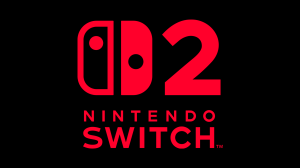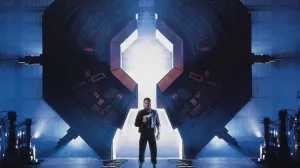David F. Sandberg burst onto the scene after his terrifying short film Lights Out went viral, proving you didn’t need a massive budget to deliver primal scares. Hollywood quickly came calling, and Sandberg made the leap to feature films, carving out a distinct niche for himself. He’s become known for his stylish horror direction, particularly within the highly successful Conjuring Universe, but he also proved his versatility by tackling the superhero genre with unexpected heart and humor. His filmography showcases a knack for building atmosphere, executing effective scares, and sometimes, surprisingly, capturing the warmth of family dynamics. With his latest film, the video game adaptation Until Dawn, hitting screens, it’s the perfect time to look back at the Swedish director’s feature film output and see how his movies stack up against each other.
Videos by ComicBook.com
For this list, we’re considering how well each film utilizes Sandberg’s directorial strengths, the impact it made upon release, and where it stands based on critical reviews and audience reactions. Here’s our rank for every feature-length movie in David F. Sandberg’s filmography.
5) Shazam! Fury of the Gods
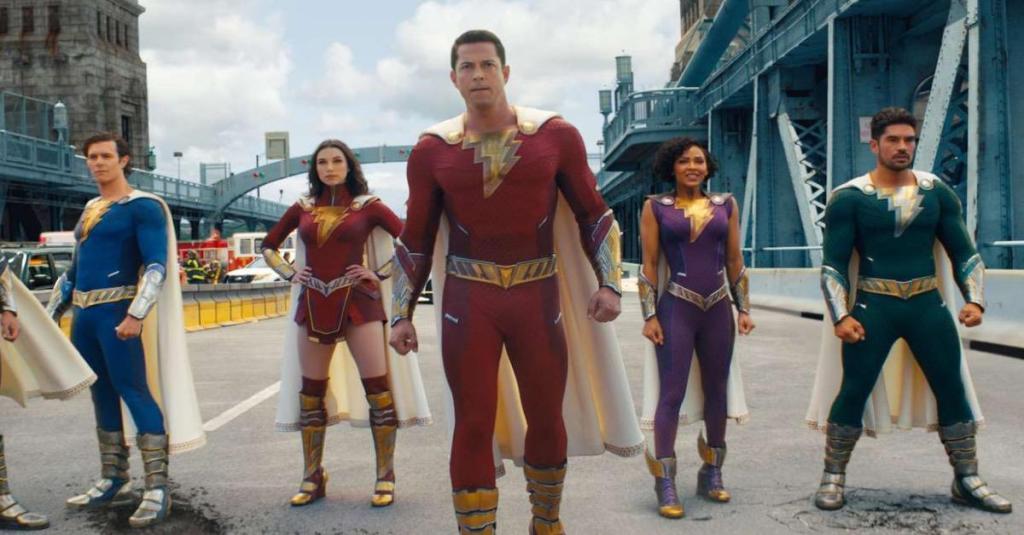
The 2023 sequel Shazam! Fury of the Gods landed with considerably less impact than its predecessor. While the first film charmed audiences with its blend of humor and heart, this follow-up struggled to recapture that magic. The story was unfocused and generic, leaning heavily on superhero tropes without adding much freshness. The villains, the Daughters of Atlas, portrayed by veterans Helen Mirren (as Hespera) and Lucy Liu (as Kalypso), were underdeveloped and failed to feel truly menacing despite their mythological connections. To make matters worse, Shazam! Fury of the Gods suffered from an inconsistent tone that awkwardly juggled goofy humor with large-scale, CGI-heavy destruction, sometimes resulting in jokes feeling forced or out of place.
Despite the criticisms, Shazam! Fury of the Gods wasn’t without its defenders or merits. It retained enough of the original’s goofy charm and energy to be enjoyable, also thanks to Zachary Levi’s continued enthusiasm as the adult superhero version of Billy Batson (Asher Angel). Plus, the action sequences involving mythical creatures like dragons and unicorns were sometimes fun diversions. Ultimately, though, the film felt like a step down, lacking the cohesive vision and emotional resonance that made Sandberg’s first foray into the DC universe stand out.
4) Until Dawn
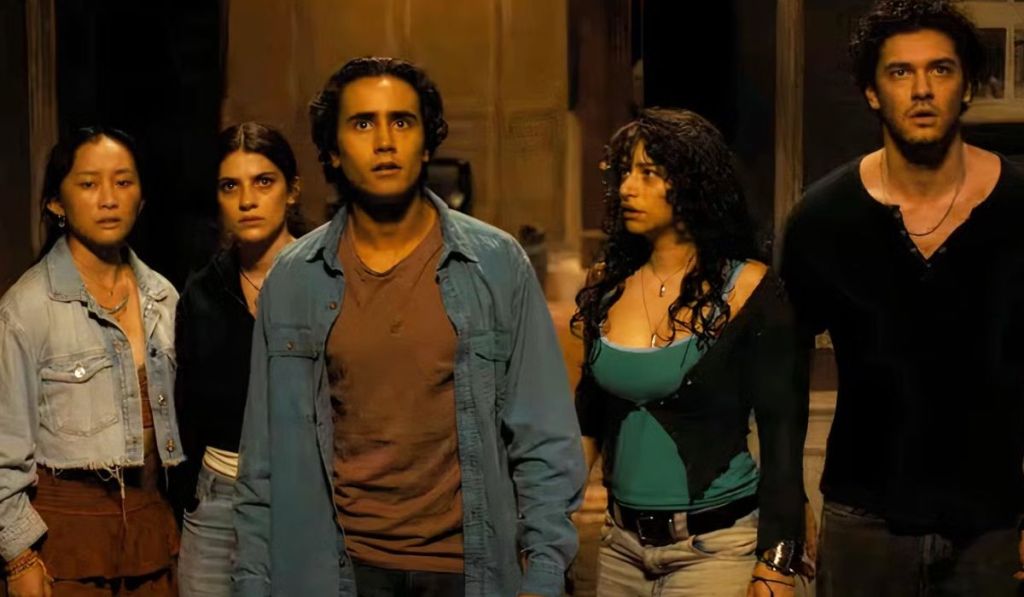
Sandberg’s latest directorial effort, Until Dawn, adapts the popular narrative-driven horror video game. Sadly, the film arrives with mixed critical buzz. That’s not entirely a surprise, as translating a game heavily reliant on player choice and consequence into a linear film narrative presents inherent challenges. Until Dawn delivers some effectively gruesome and creative kills, solid practical effects, and moments of genuine tension, showcasing Sandberg’s horror filmmaking skills. The central time-loop premise, forcing a group of friends led by Clover (Ella Rubin) to relive a deadly night repeatedly with different horror threats, offers a potentially clever framework, and Peter Stormare’s return as the enigmatic Dr. Hill adds a welcome link to the source material. However, the film suffers from a weak script reliant on clichés, leaving the characters underdeveloped and difficult to connect with.
[RELATED: Until Dawn Review: A Bloody But Frustrating Adaptation]
Until Dawn fails to capture the interactive essence of the game, devolving into a string of horror tropes that lack coherence or emotional weight. The pacing feels tedious despite the premise, with the scares becoming repetitive or predictable, and the time-loop mechanic feels muddled. Until Dawn represents Sandberg returning to his horror roots, but it’s a divisive entry that struggles to satisfy both fans of the game and general horror audiences.
3) Lights Out
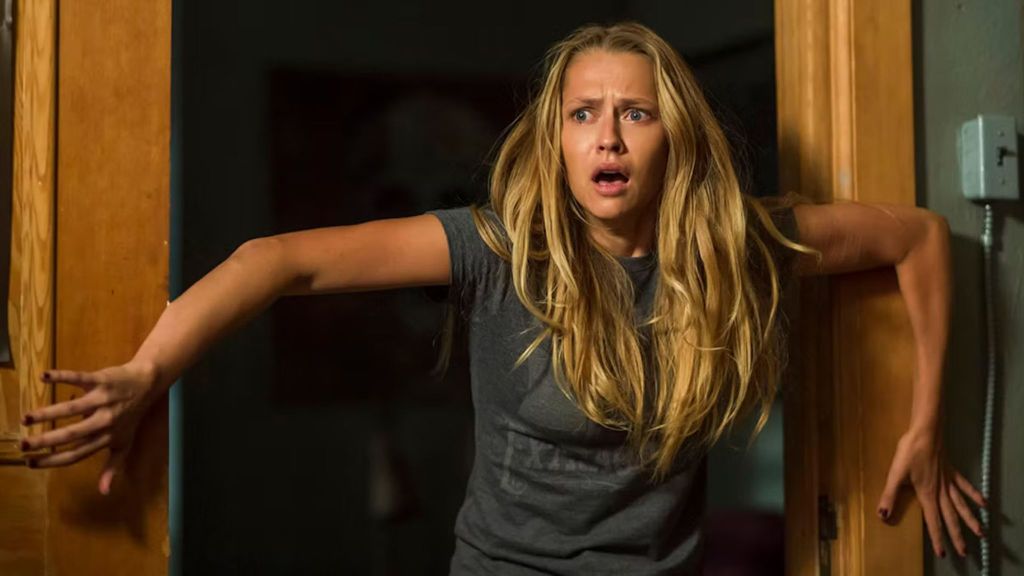
Sandberg’s feature directorial debut, 2016’s Lights Out, demonstrated his ability to translate a simple, primal concept into effective big-screen horror. Expanding on his viral short film, the movie taps directly into the universal fear of the dark through its antagonist, Diana (Alicia Vela-Bailey), a figure only visible when the lights go out. Sandberg’s skillful direction effectively builds suspense and crafts genuinely creepy sequences around this core idea. The film benefits significantly from an unnerving atmosphere and strong performances, particularly from Teresa Palmer as Rebecca, a young woman protecting her younger brother Martin (Gabriel Bateman) from the entity haunting their mother, Sophie (Maria Bello). Its tight pacing and focus on tension over gore also work in its favor.
That said, Lights Out isn’t without flaws that hold it back. The reliance on jump scares becomes noticeable, and the central gimmick starts to feel repetitive over the feature run time. Furthermore, expanding the short film’s concept necessitated adding backstory concerning Diana and Sophie’s past at a mental institution, but these elements feel underdeveloped and confusing, and lean on tired genre clichés. Additionally, the handling of Sophie’s mental illness as intertwined with the supernatural threat comes across as potentially simplistic. Despite these shortcomings, Lights Out remains a strong debut, a stylish and effectively scary calling card that established Sandberg as a significant horror talent.
2) Shazam!
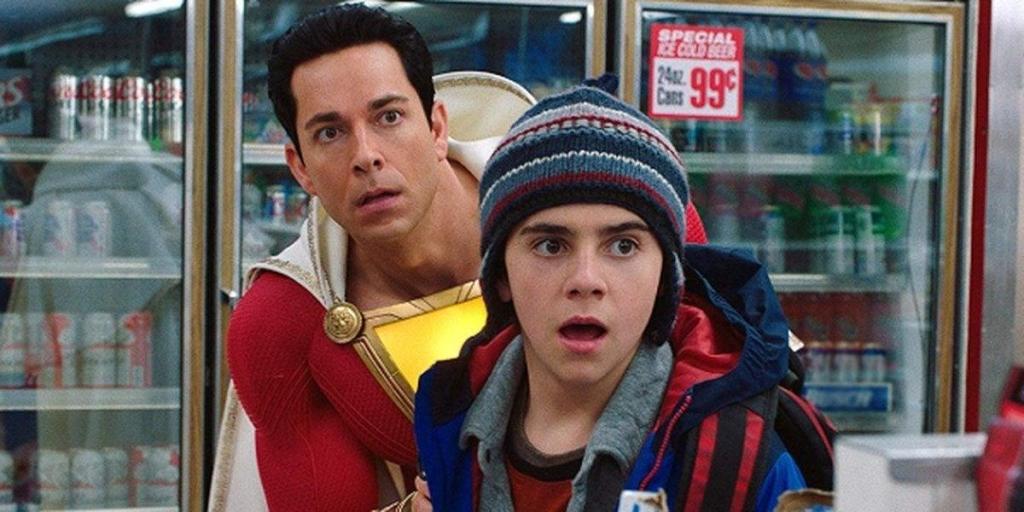
In 2019, Sandberg took a surprising detour from horror into the world of superheroes with Shazam!, delivering one of the most warmly received entries in the DC Extended Universe. The film was widely praised for its light, funny, and genuinely heartfelt tone, often drawing favorable comparisons to the Tom Hanks classic Big. Shazam! successfully captured the joy and wonder of teenager Billy Batson (Asher Angel) after gaining the ability to transform into an adult superhero by saying the magic word. Levi’s charismatic and infectiously enthusiastic performance as the adult Shazam was a major highlight, alongside his comedic chemistry with Jack Dylan Grazer as Billy’s superhero-obsessed foster brother, Freddy Freeman. Finally, the focus on themes of found family provided a strong emotional core that resonated with audiences.
Shazam! wasn’t perfect, exhibiting some minor weaknesses. The main antagonist, Dr. Thaddeus Sivana, played with suitable menace by Mark Strong, comes across as a bit generic when compared to the vibrant heroics. Additionally, the CGI-heavy scenes involving Sivana and the Seven Deadly Sins feel tonally disconnected from the film’s otherwise grounded humor and heart. There’s also a slight personality mismatch between Angel’s Billy and Levi’s Shazam, and the plot ultimately adheres to familiar superhero formula beats, particularly in its climax. Nevertheless, these were points overshadowed by the film’s overall charm, humor, and refreshing energy.
1) Annabelle: Creation
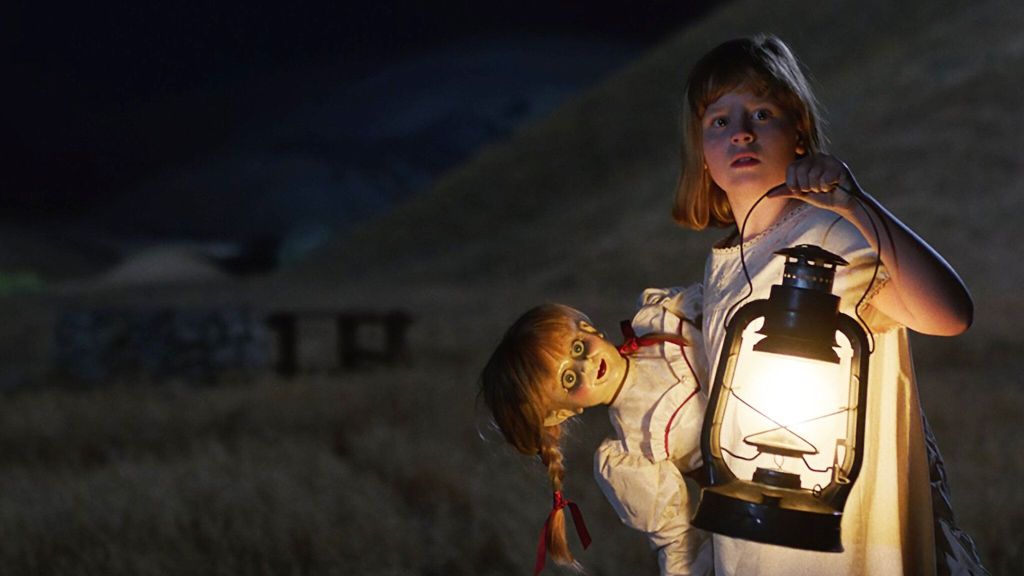
Taking the top spot is 2017’s Annabelle: Creation, Sandberg’s second feature and a film that stands as a high point within the sprawling Conjuring Universe. Tasked with crafting an origin story for the creepy doll introduced in The Conjuring and featured in a poorly received solo film, Sandberg delivered a prequel that significantly surpassed expectations. It’s a genuinely effective and stylish horror outing, showcasing Sandberg’s masterful direction in building suspense and orchestrating scares. The director’s distinct use of lighting, camera work, and sound design created a thick atmosphere of dread within the isolated house where dollmaker Samuel Mullins (Anthony LaPaglia) and his wife Esther (Miranda Otto) welcome a group of orphans years after their daughter’s tragic death.
The strong performances from the young cast, particularly Talitha Bateman as the polio-afflicted Janice and Lulu Wilson as her best friend Linda, effectively ground the terror with believable emotion. While the film takes a little while to get going, the overall result is highly effective and genuinely frightening. The adult characters feel less developed, and the plot logic can occasionally seem shaky, but these issues don’t stop the film from being a genuine scare machine. Annabelle: Creation successfully reset the Annabelle sub-franchise on firm footing and cemented David F. Sandberg’s reputation.
How would you rank David F. Sandberg’s movies? Share your list in the comments below!



